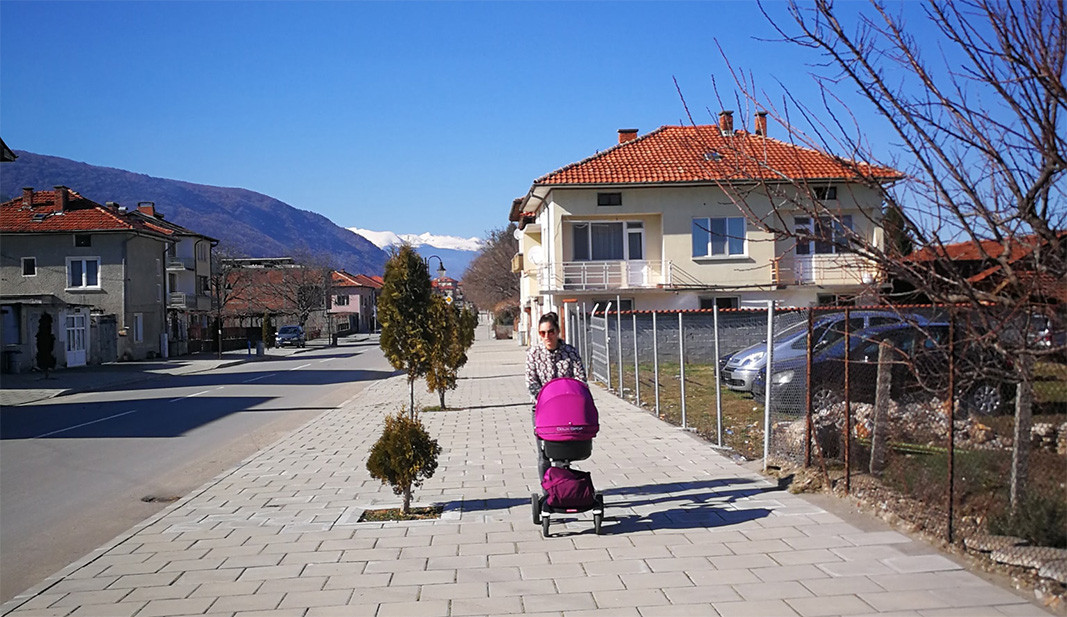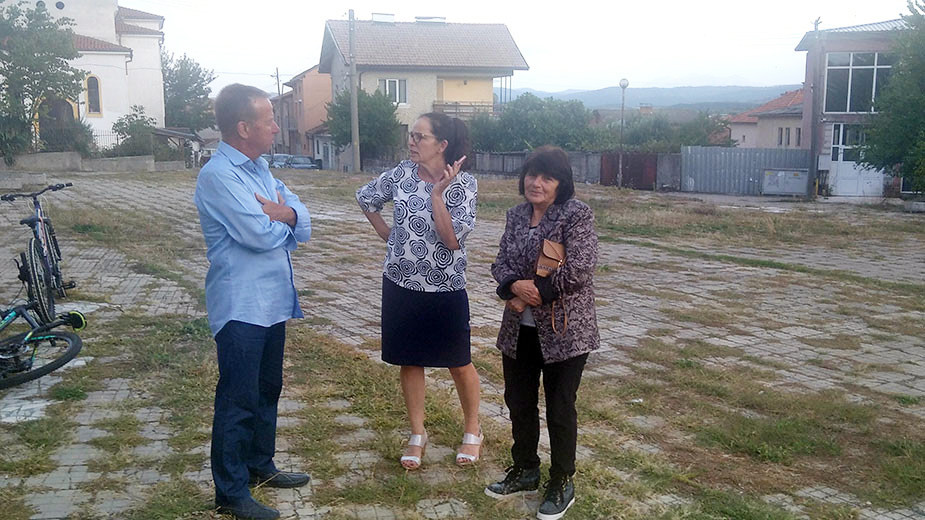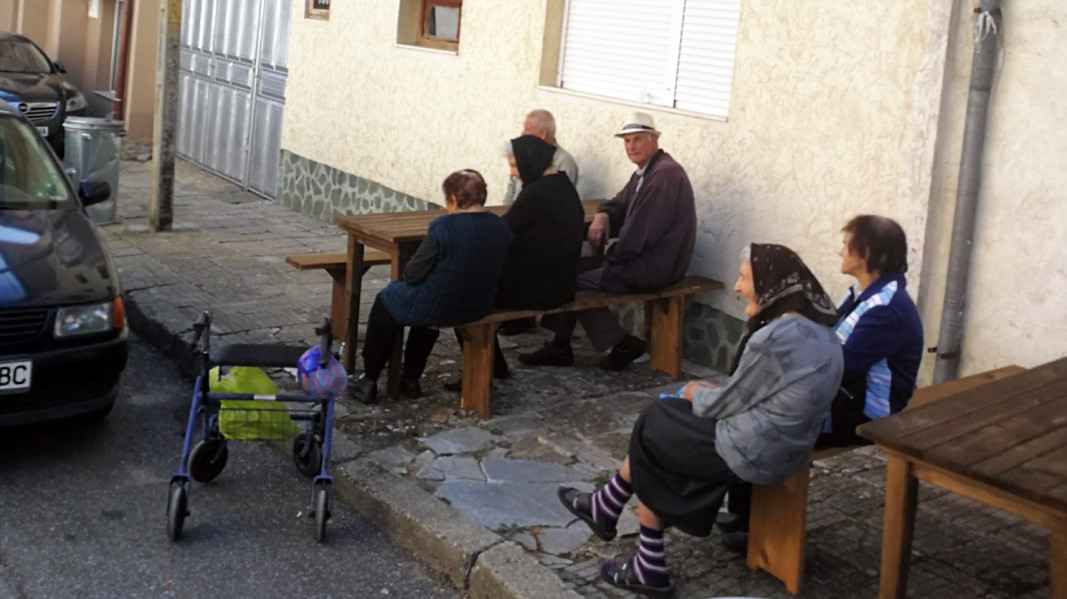



From today, residents of Stara Zagora, young and old, can send their letter to Santa Claus. A letterbox has been set up in the foyer of the city's State Puppet Theatre to collect messages for Father Christmas. The cultural institution guarantees that..
A Christmas tree with Bulgarian decorations has been placed in a central location at the Griffin Museum of Science and Industry in Chicago. For the fifth consecutive year, Bulgarians living in Chicago crafted the lavish decoration of the Bulgarian..
The usurpation of cultural heritage is one of the many inevitable consequences of any military conflict, both historically and today. Until the end of the war in Ukraine, it is impossible to adequately analyse the extent of the damage caused to the..

+359 2 9336 661
